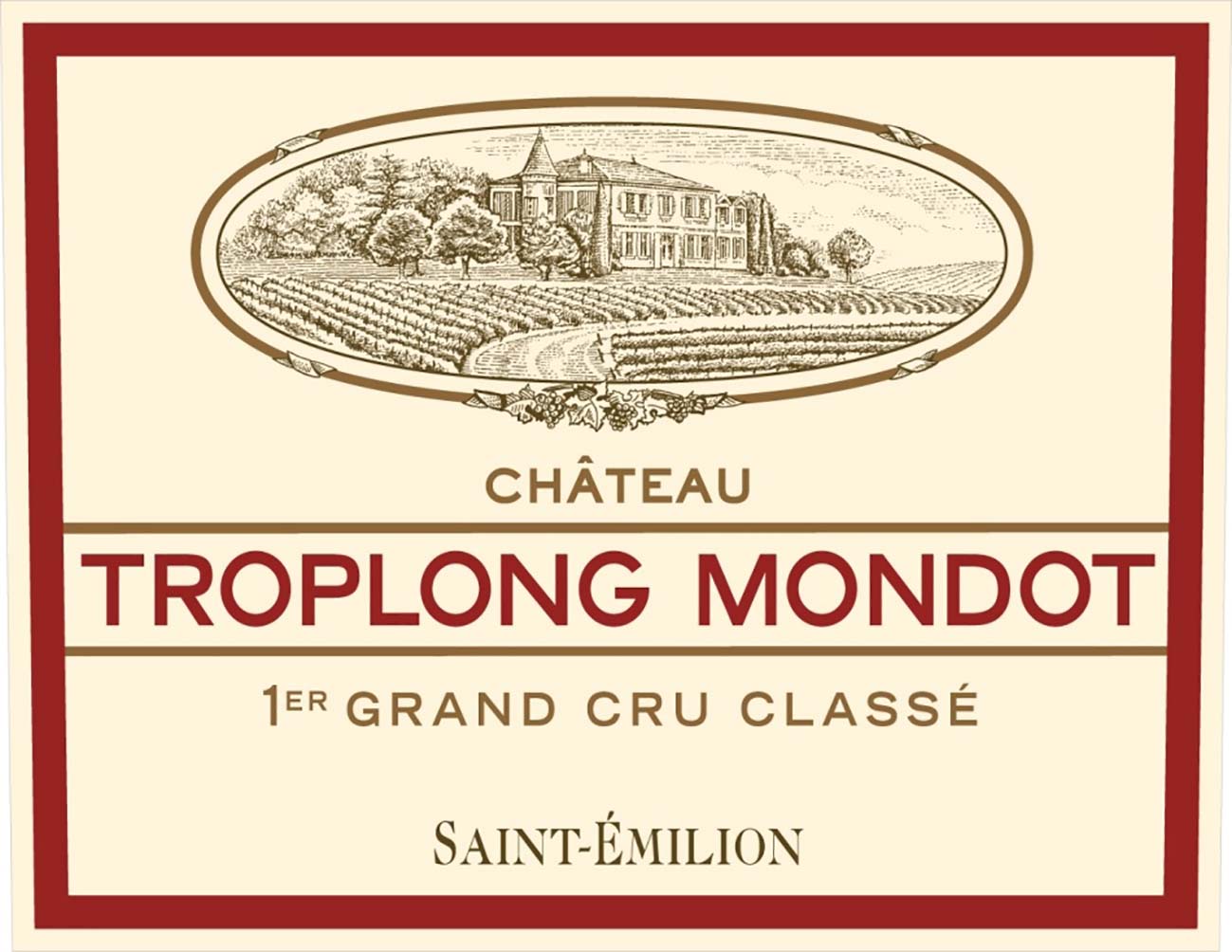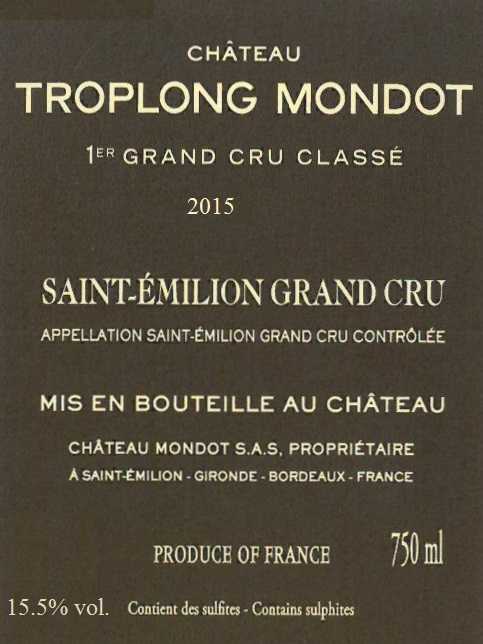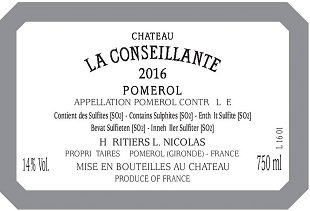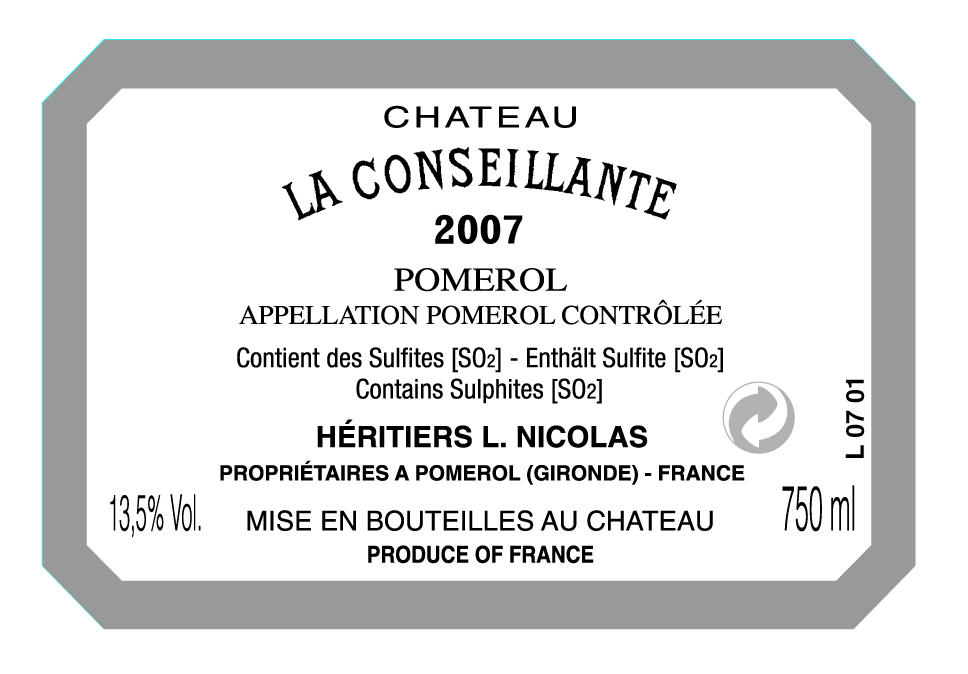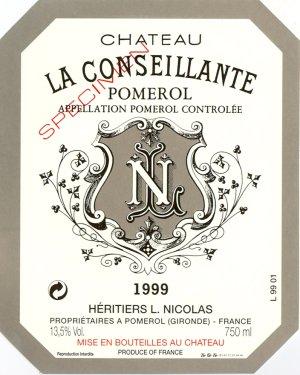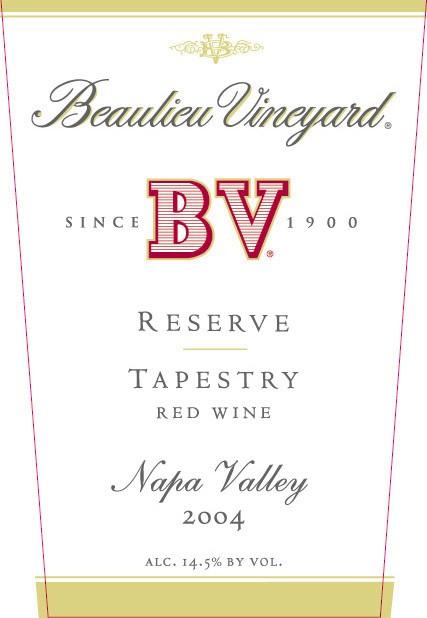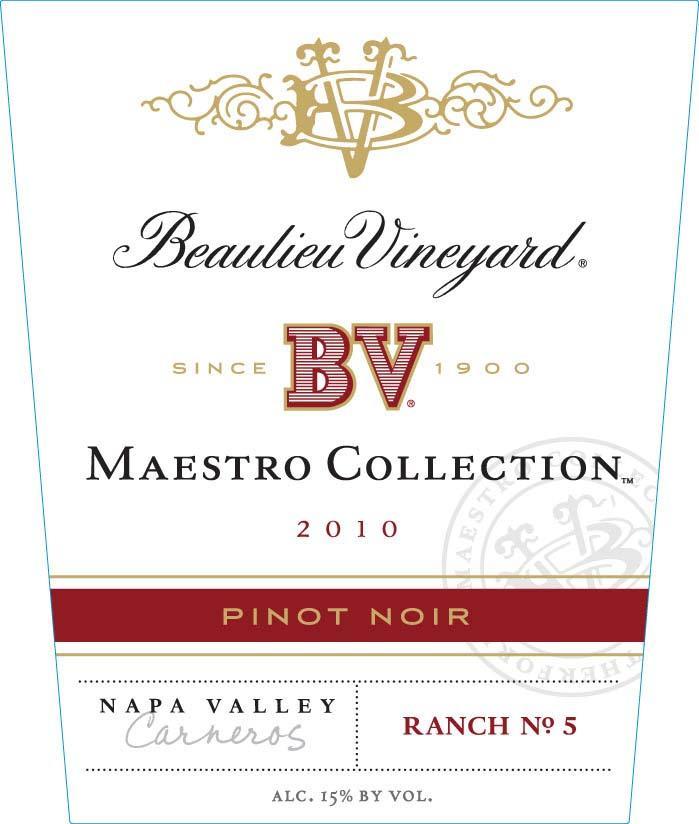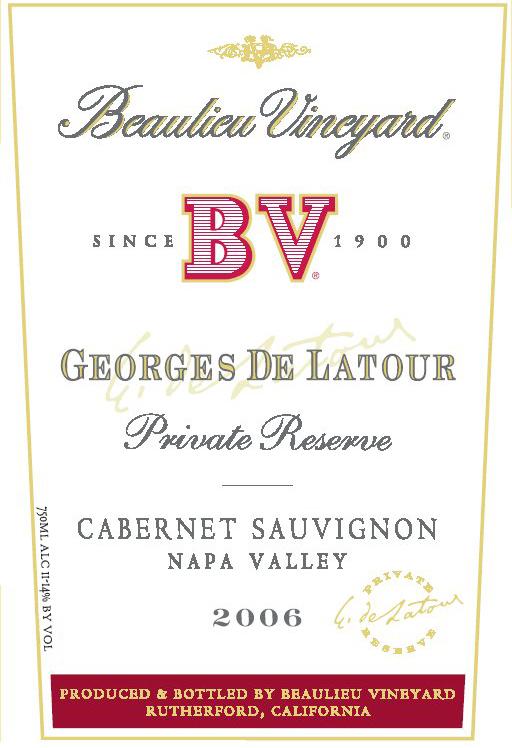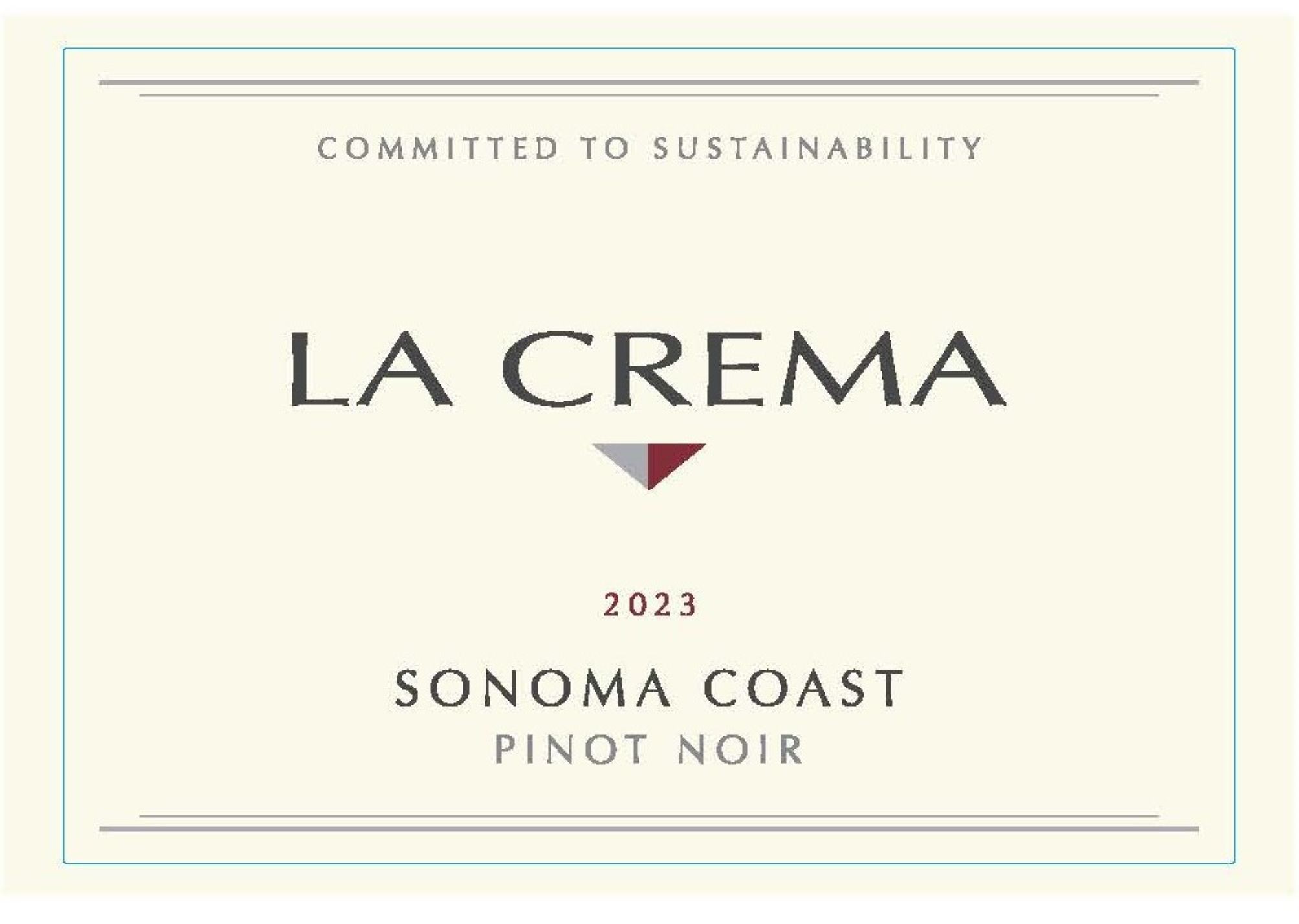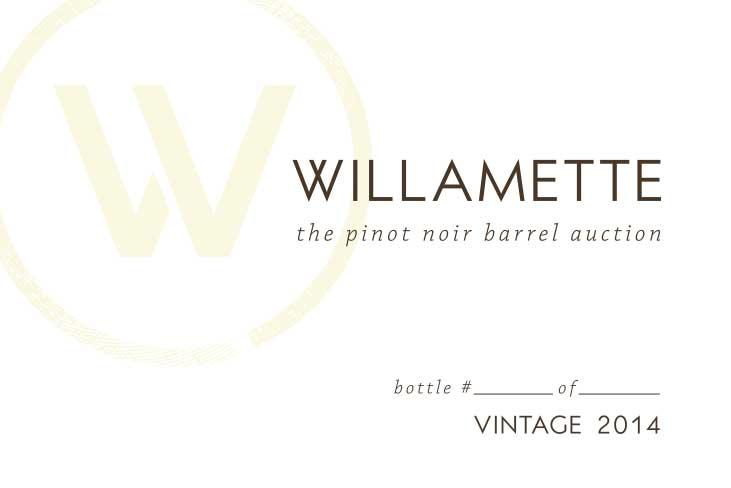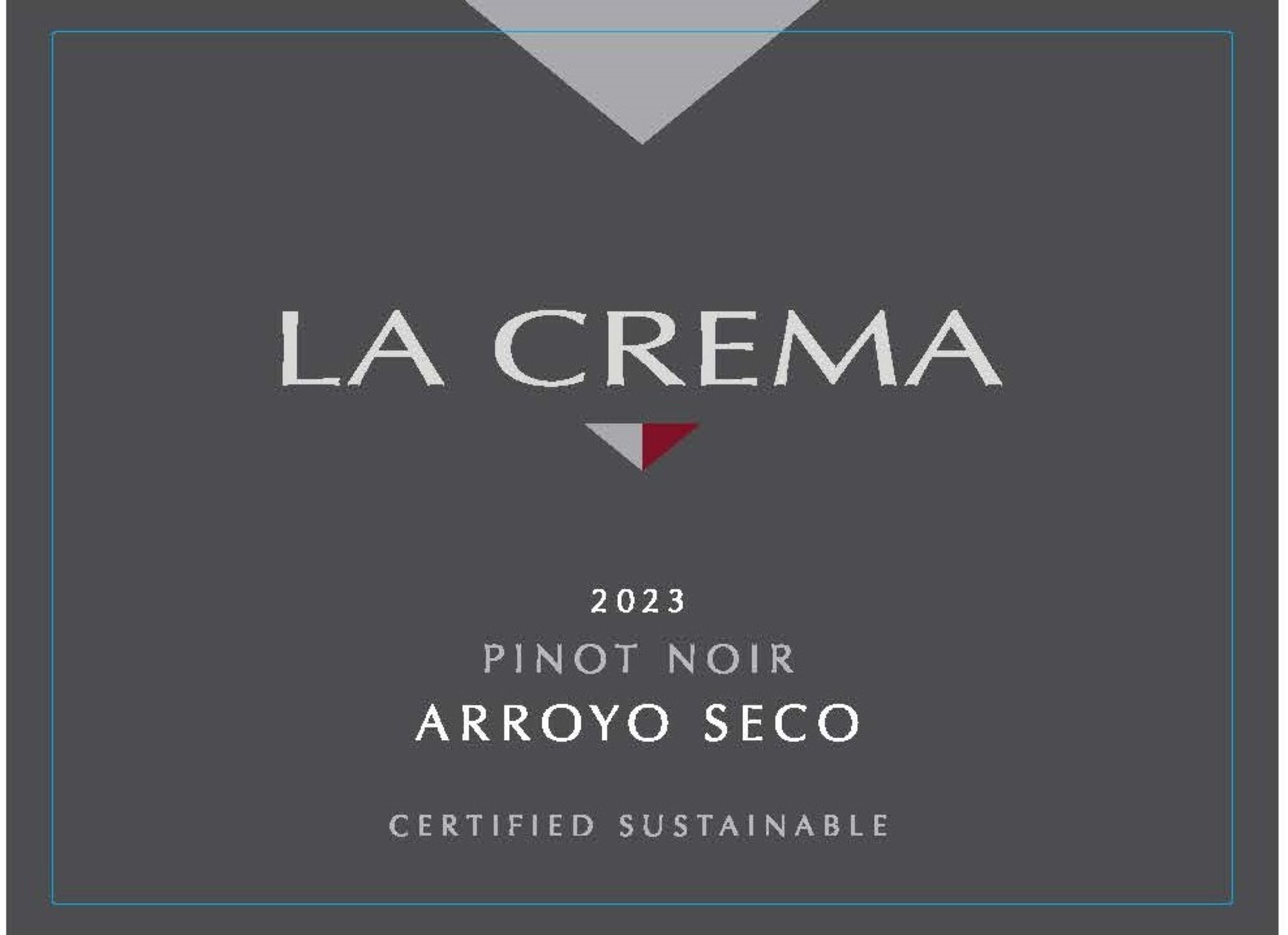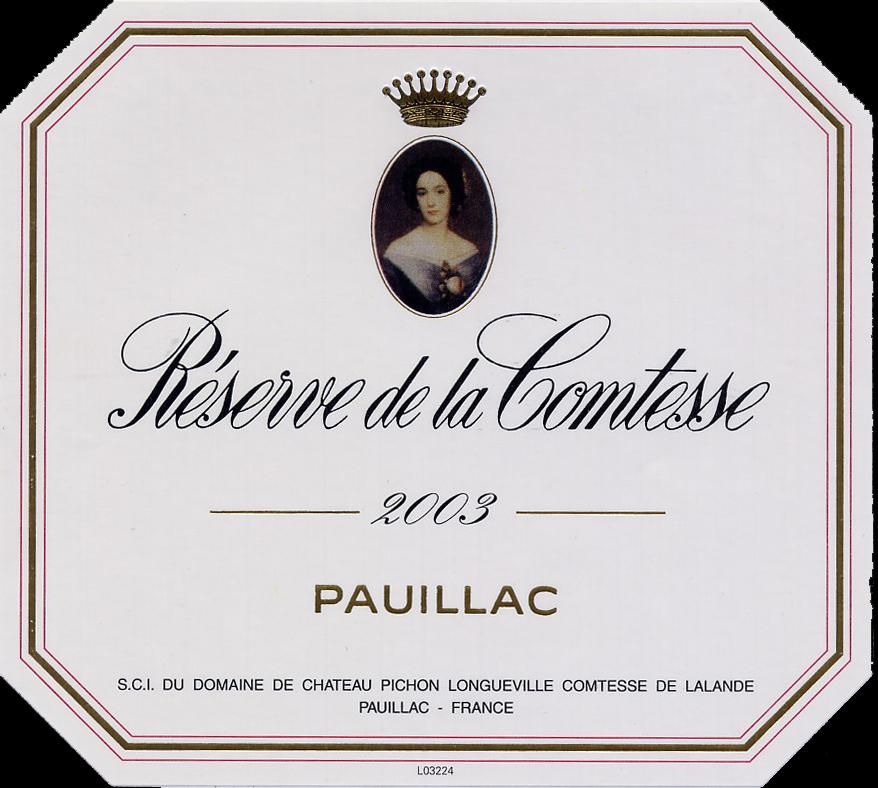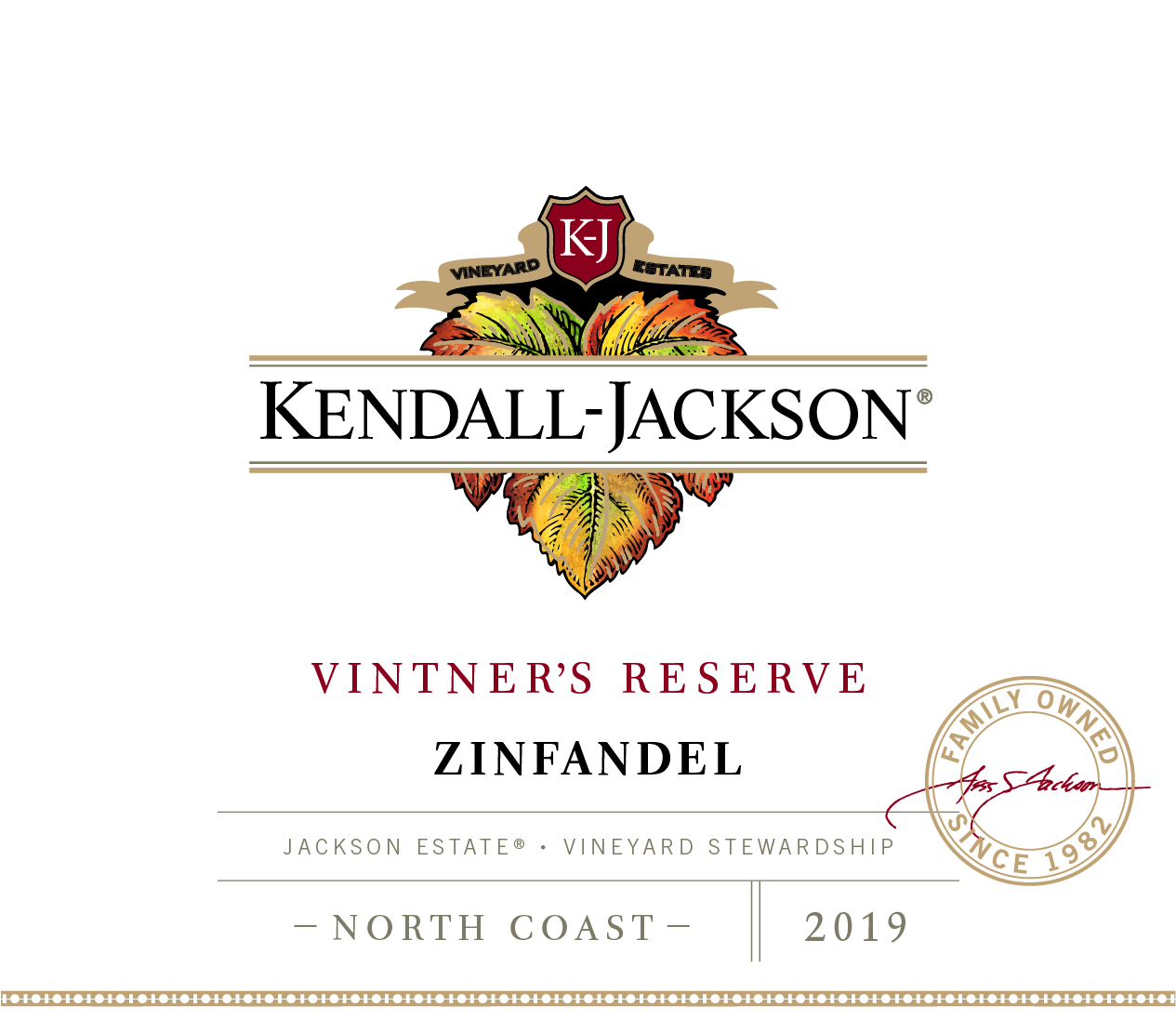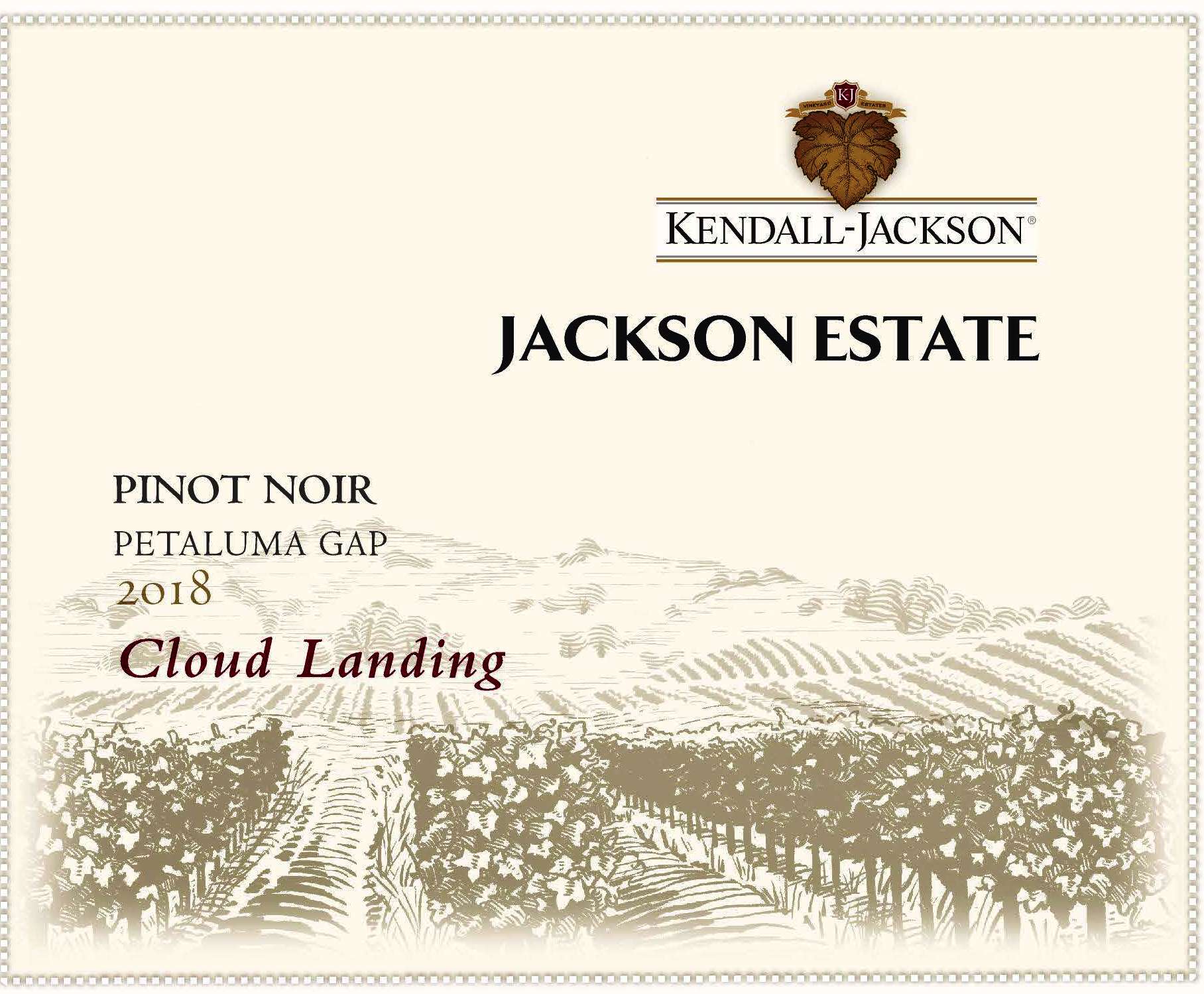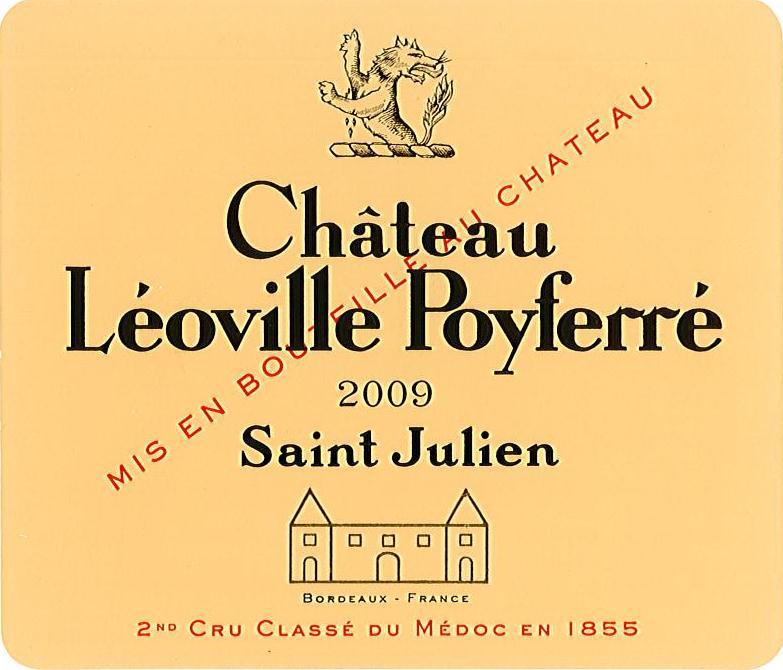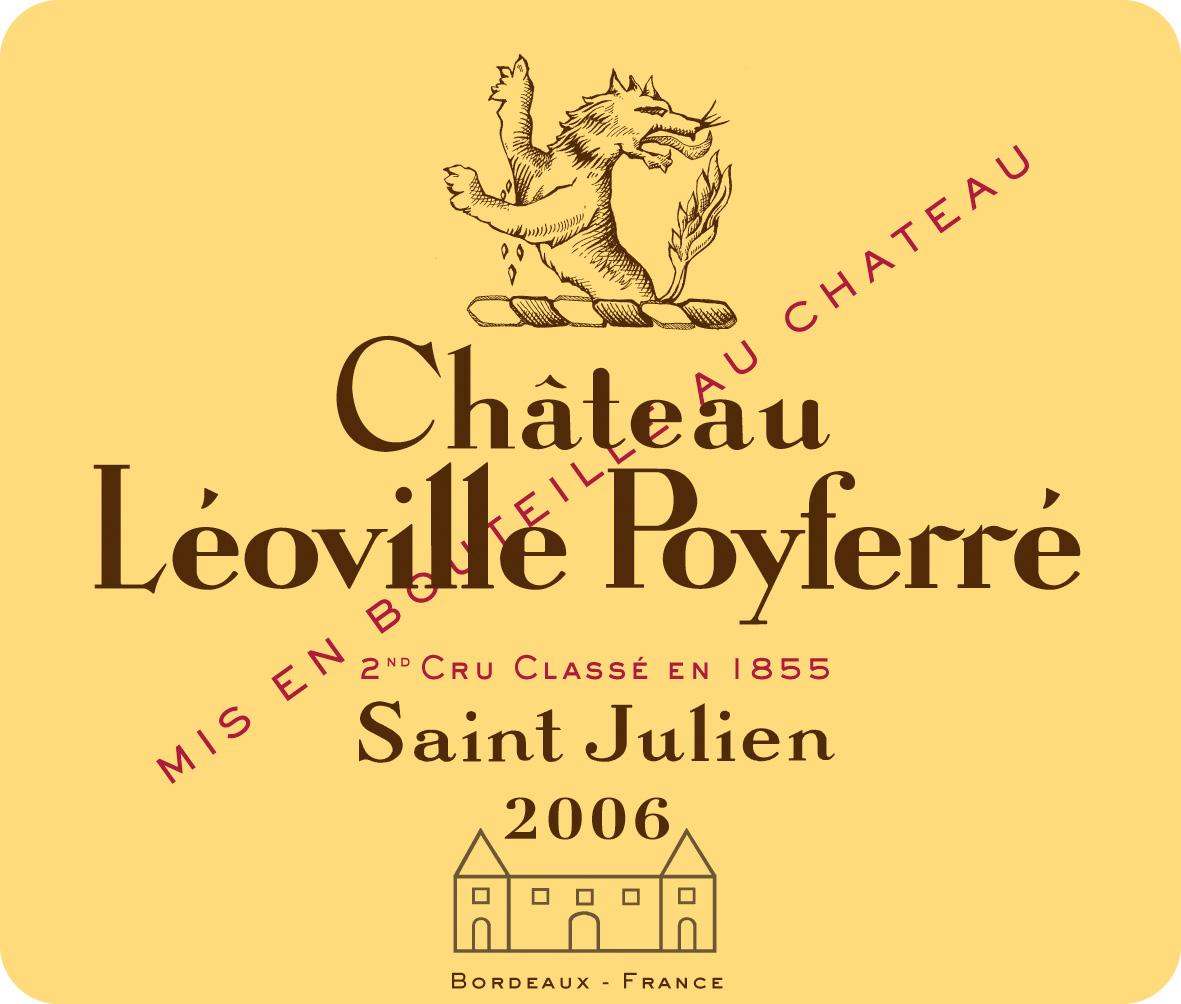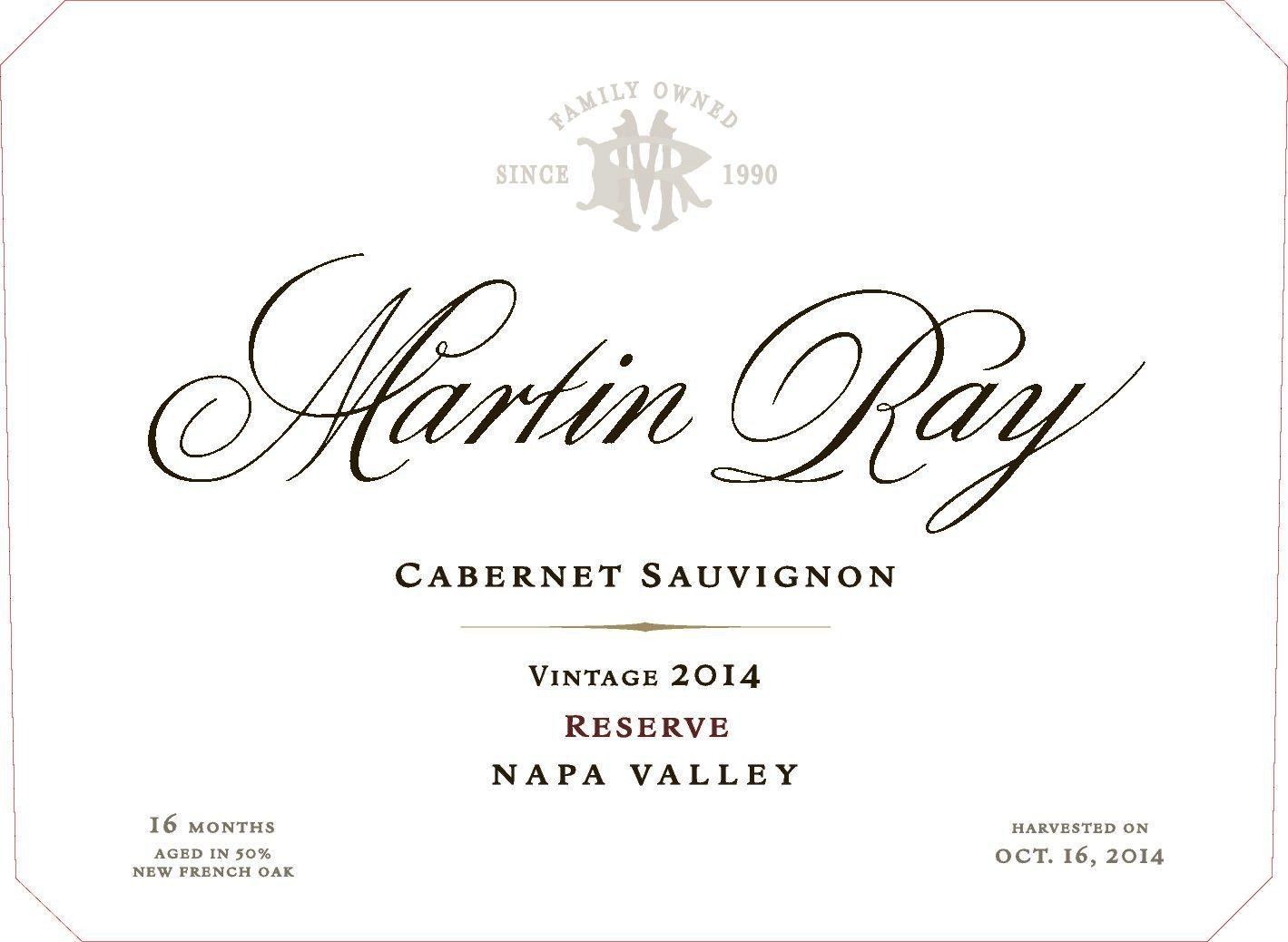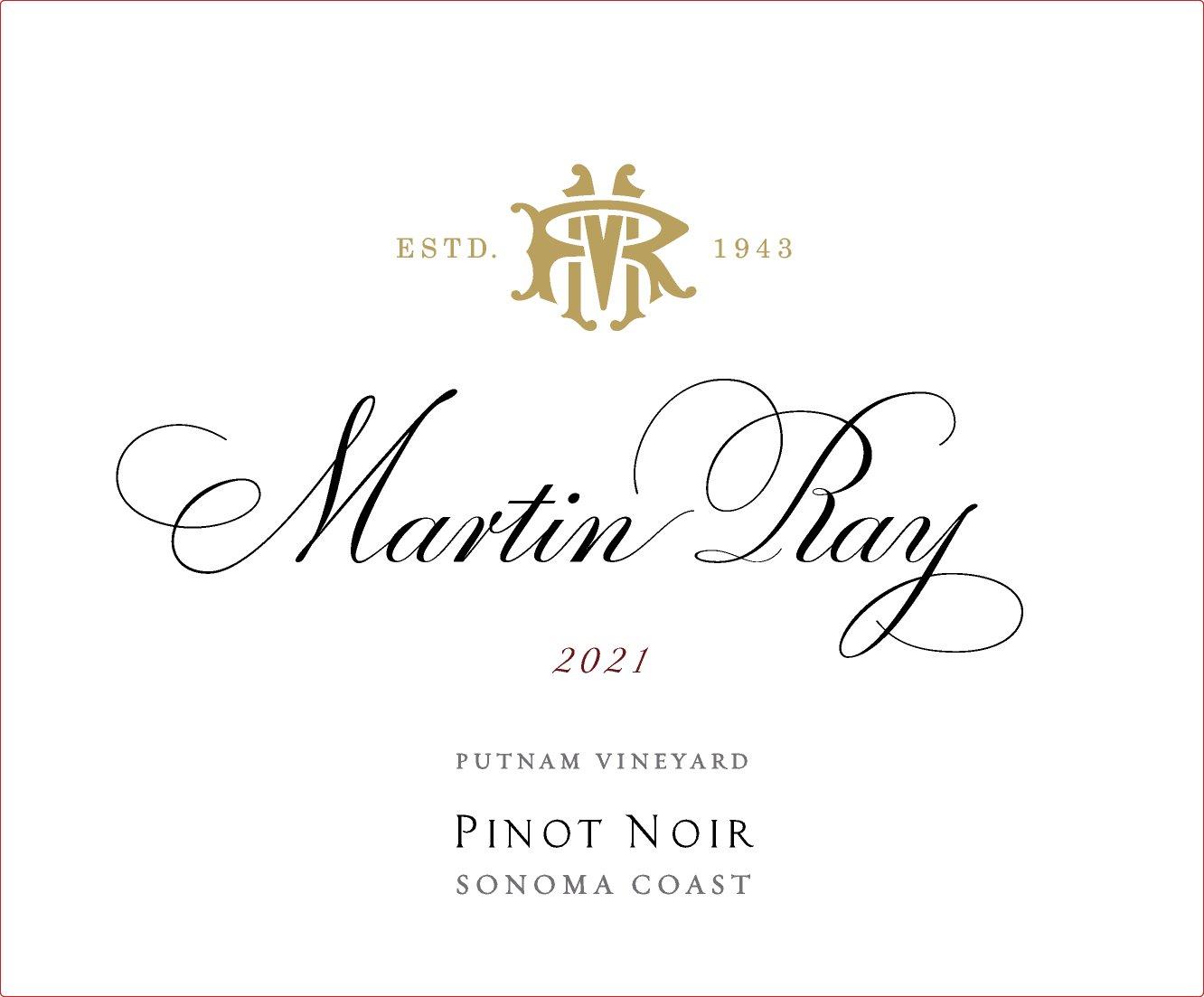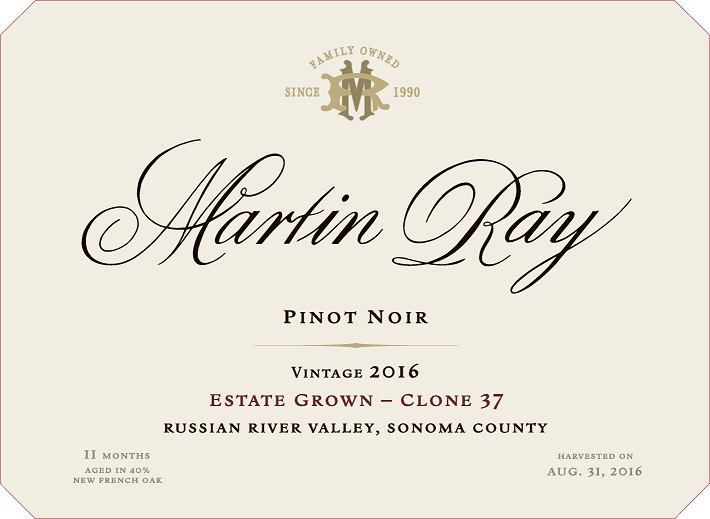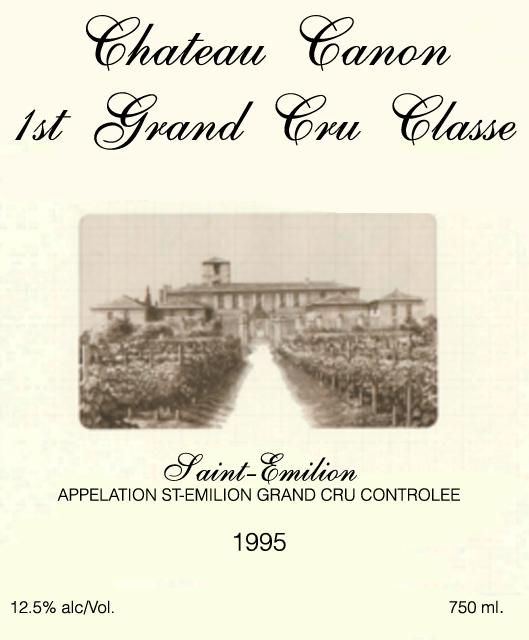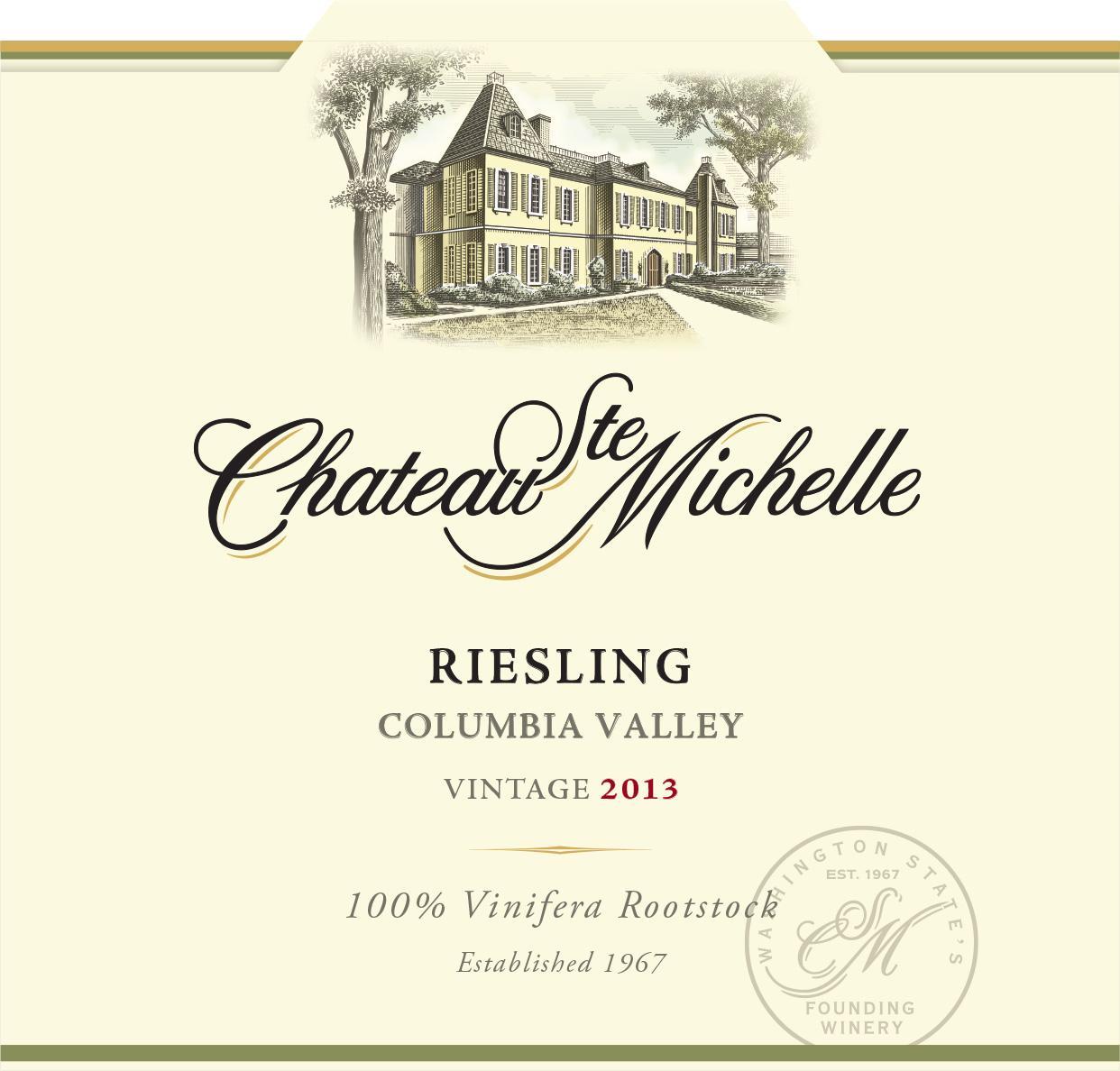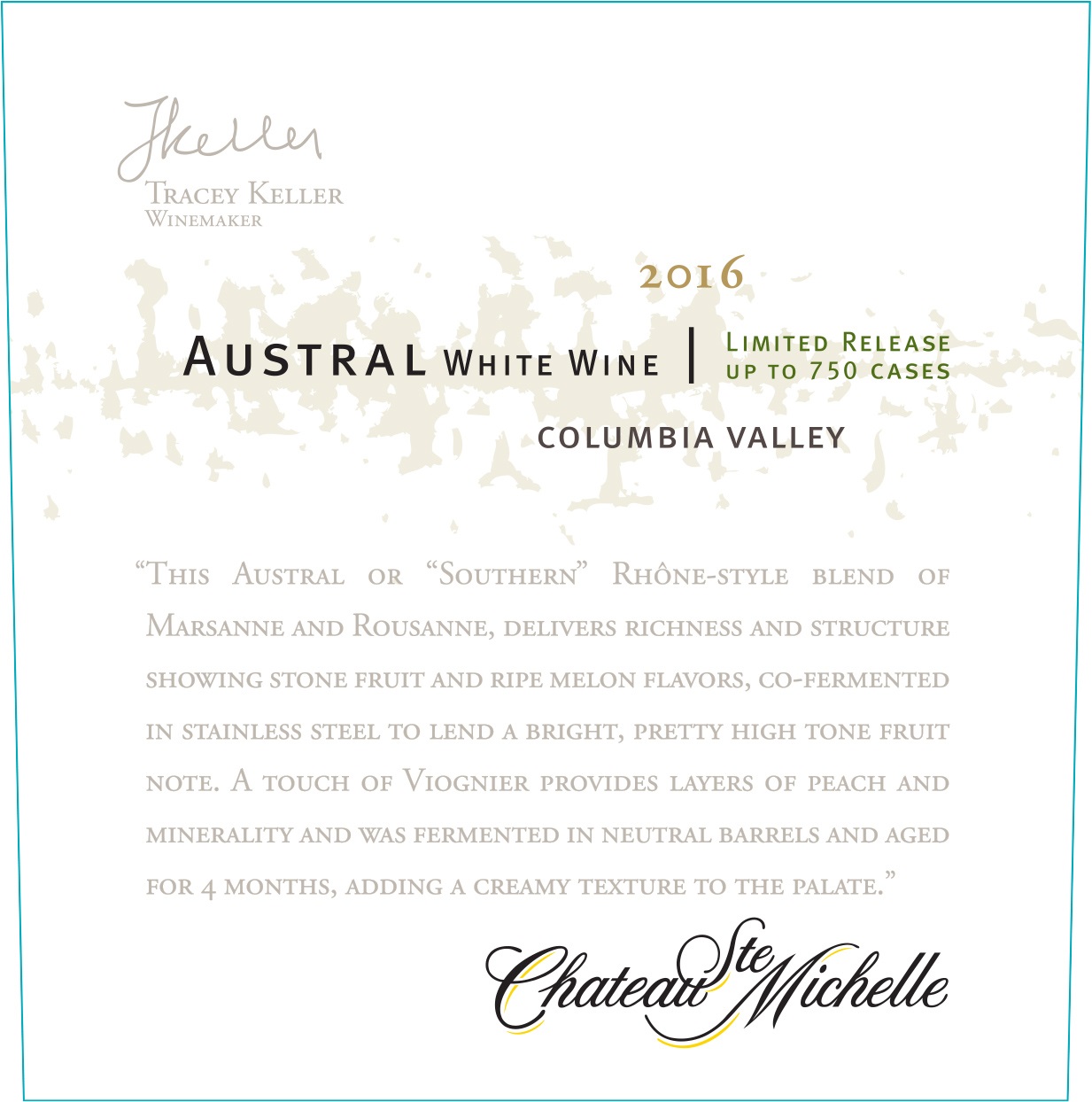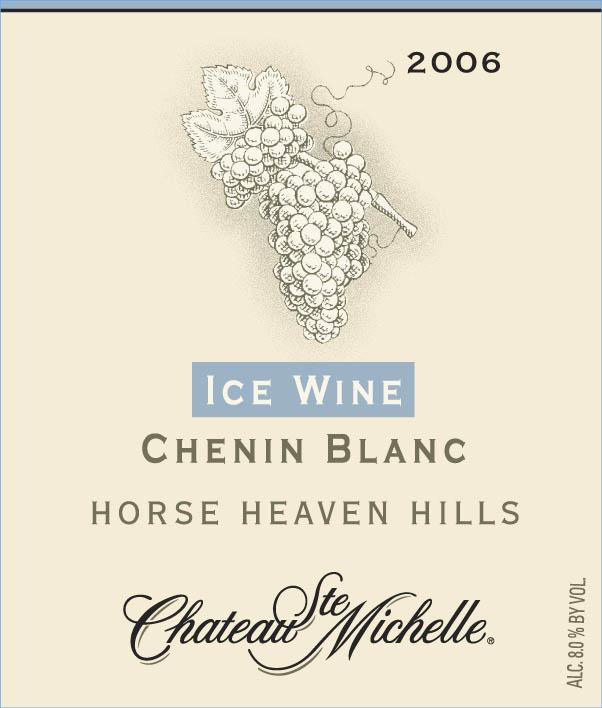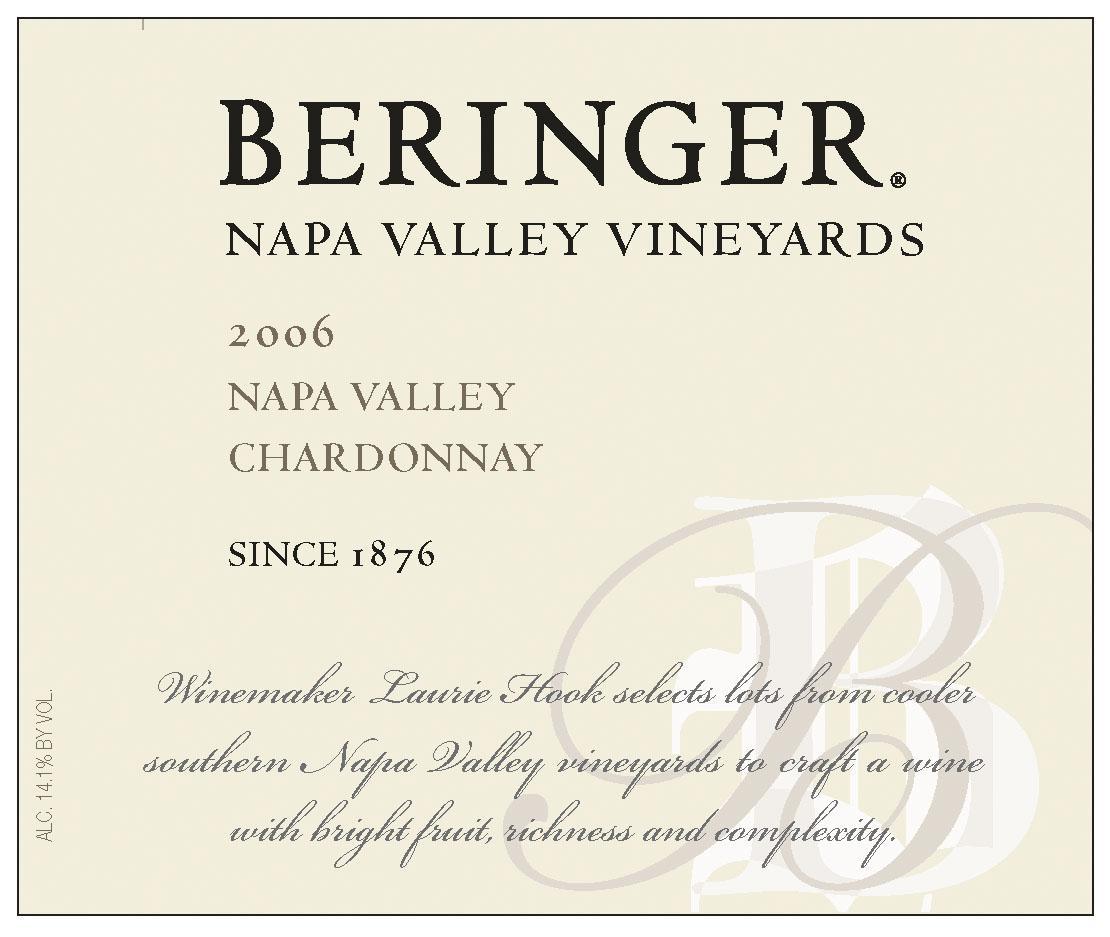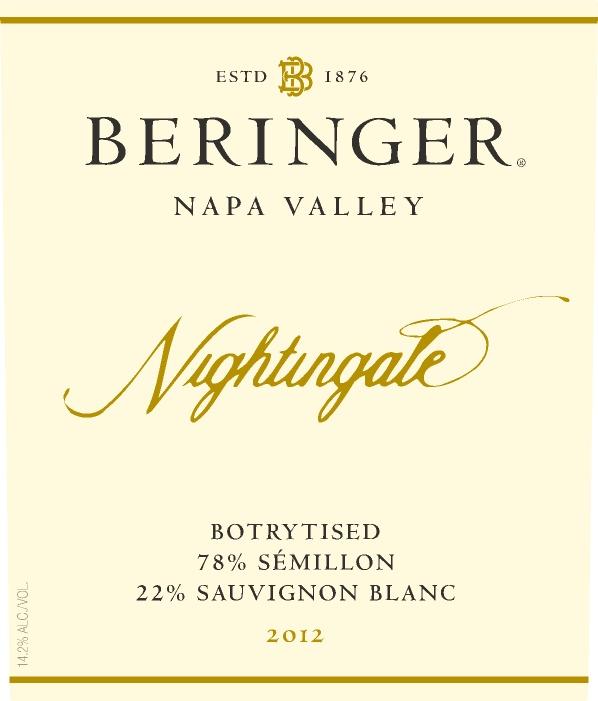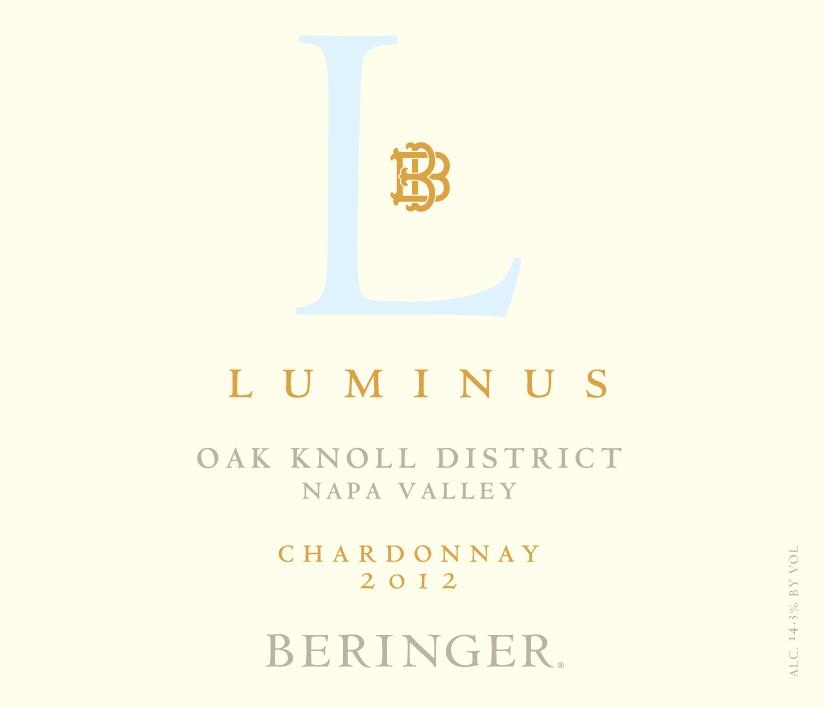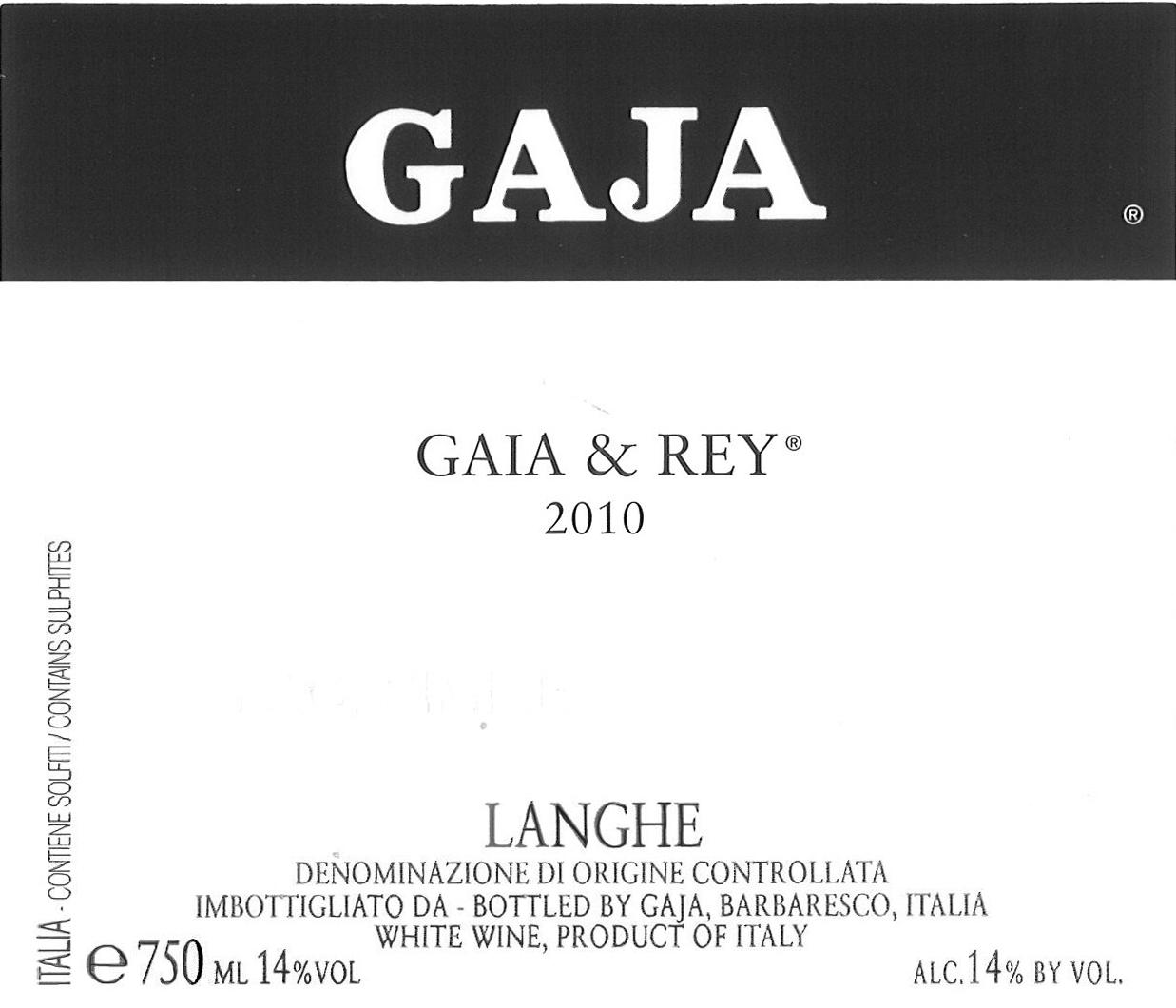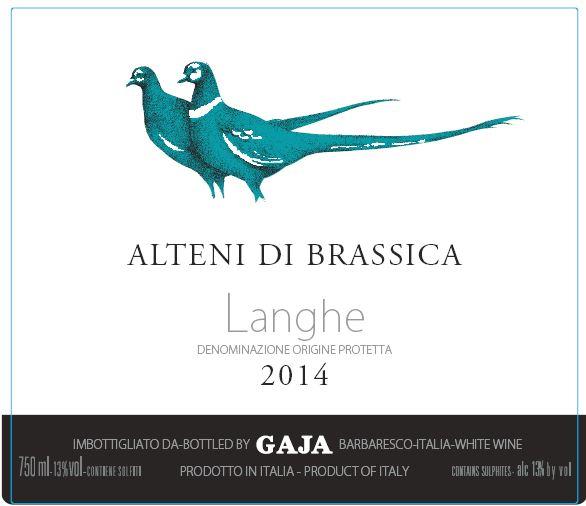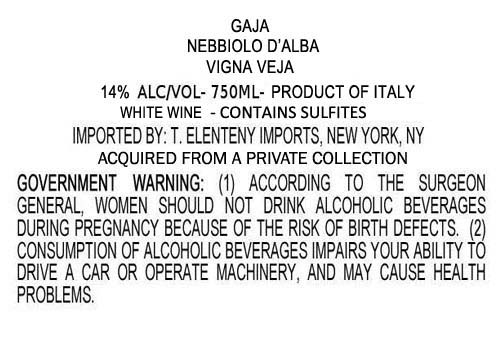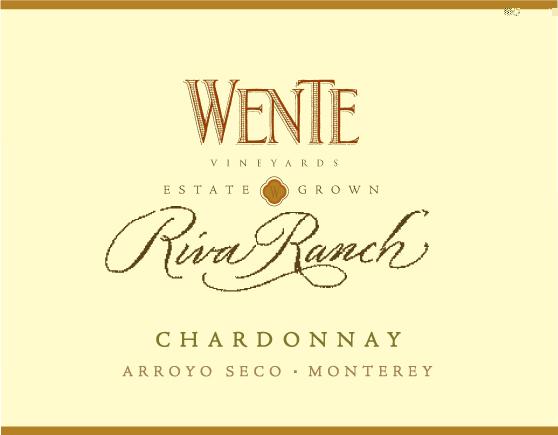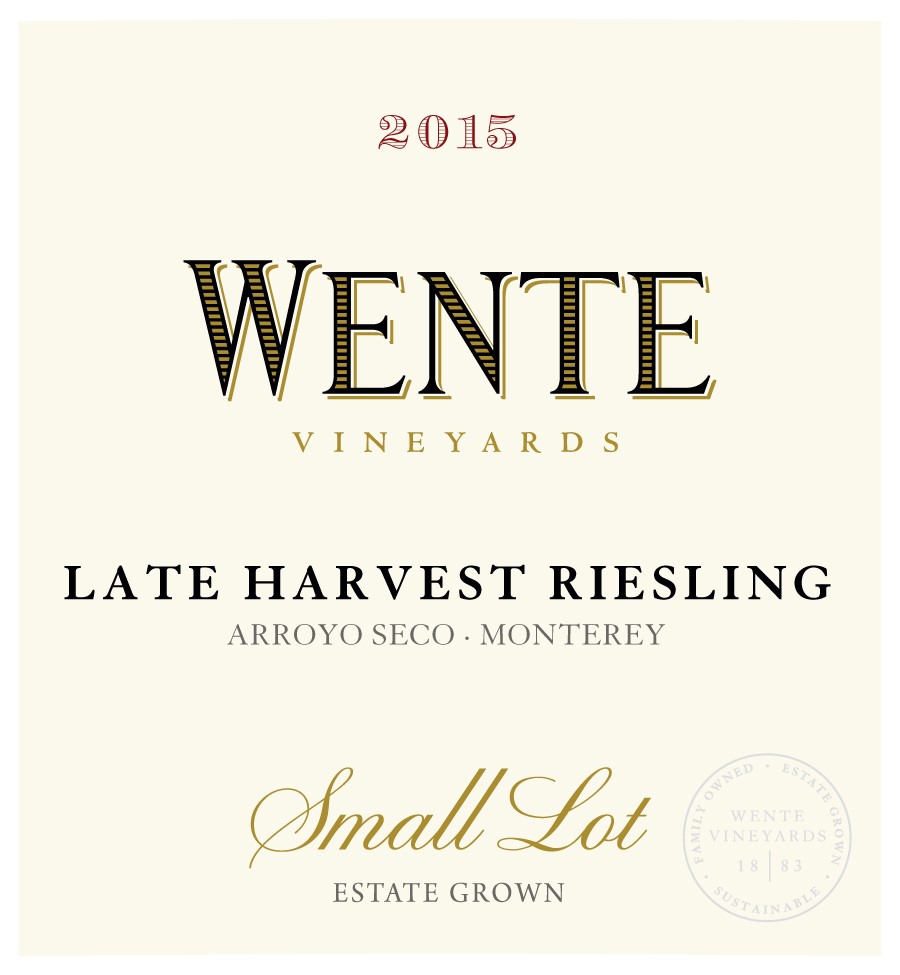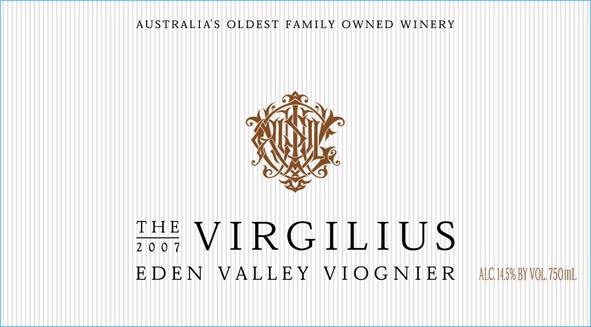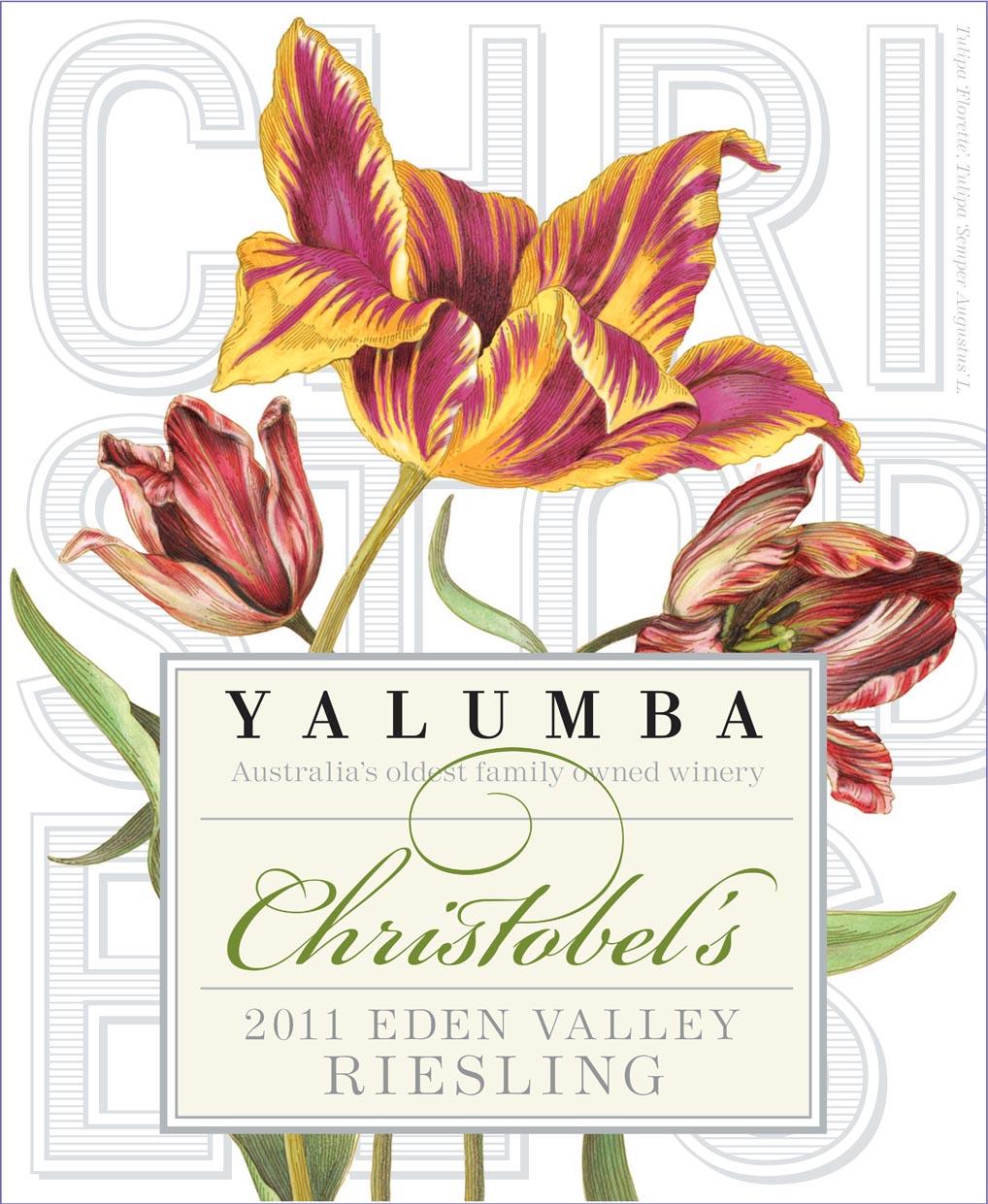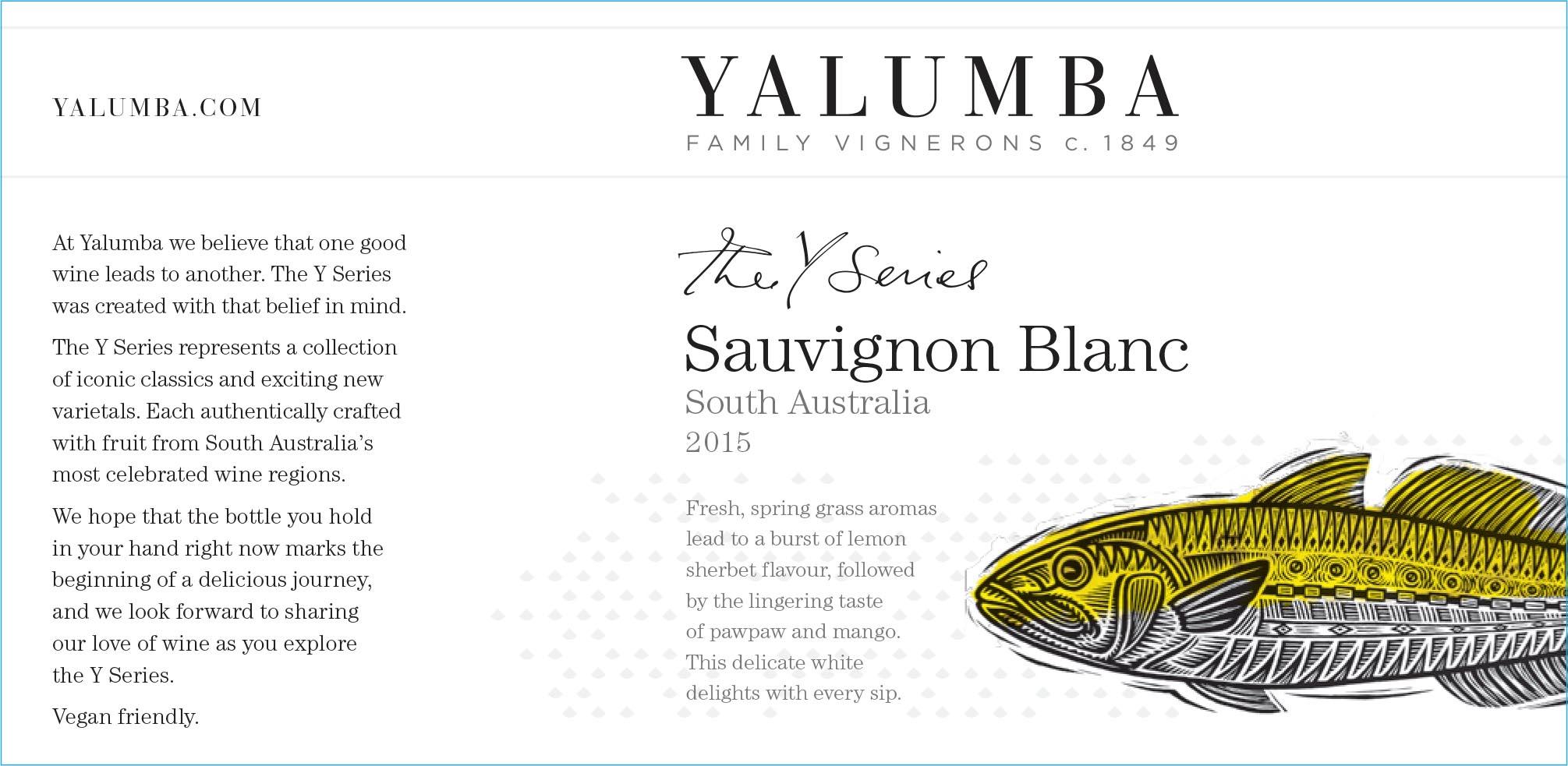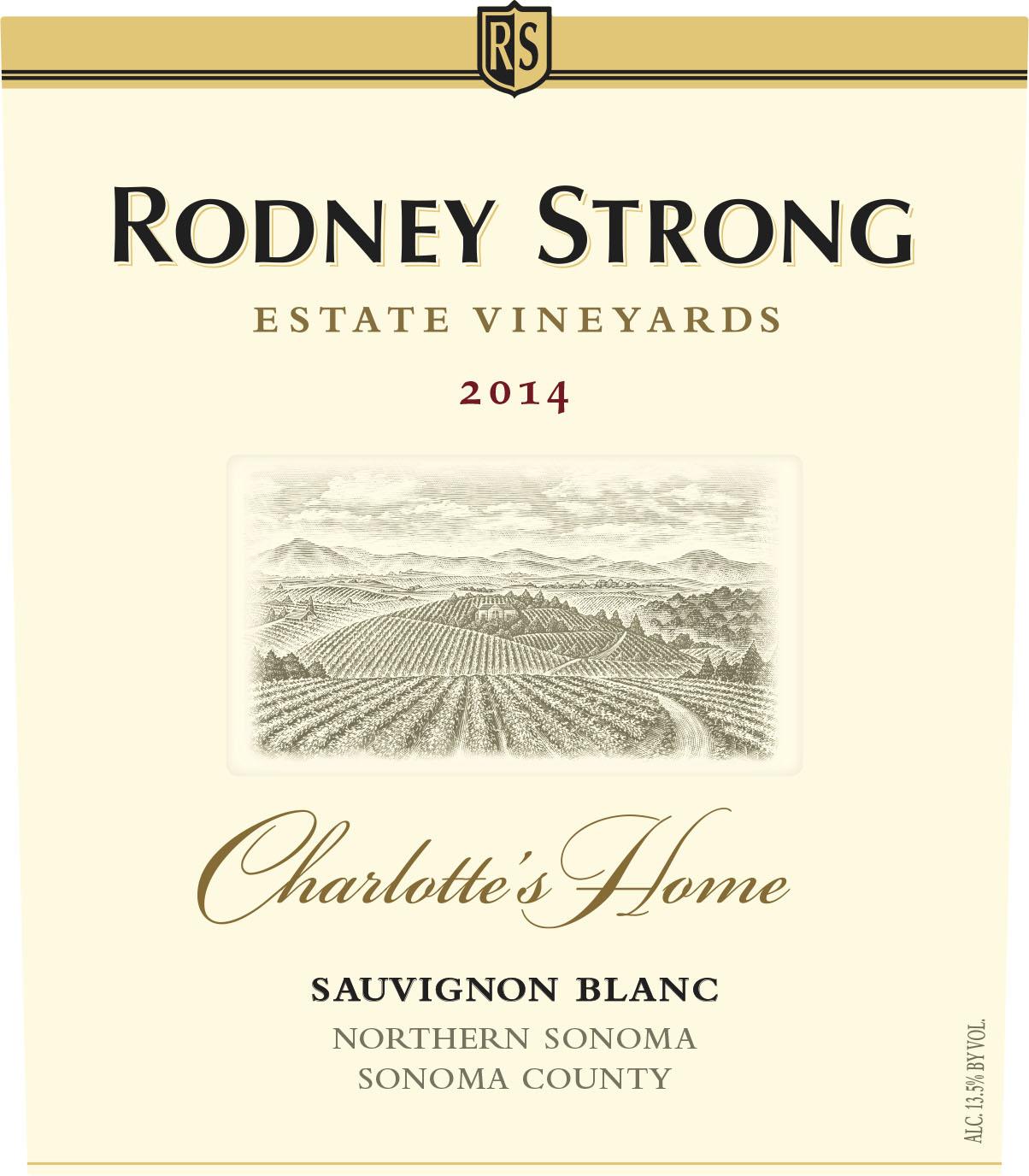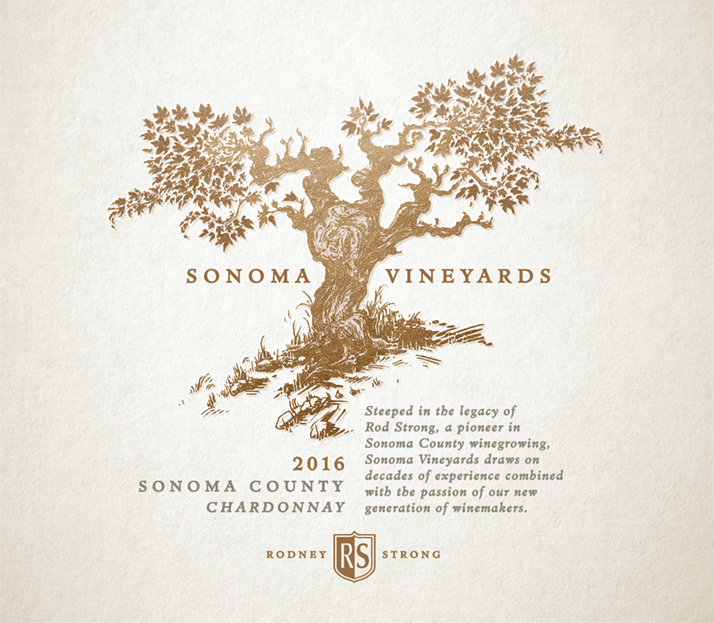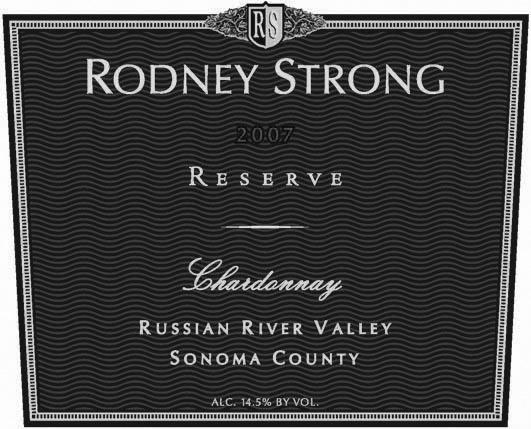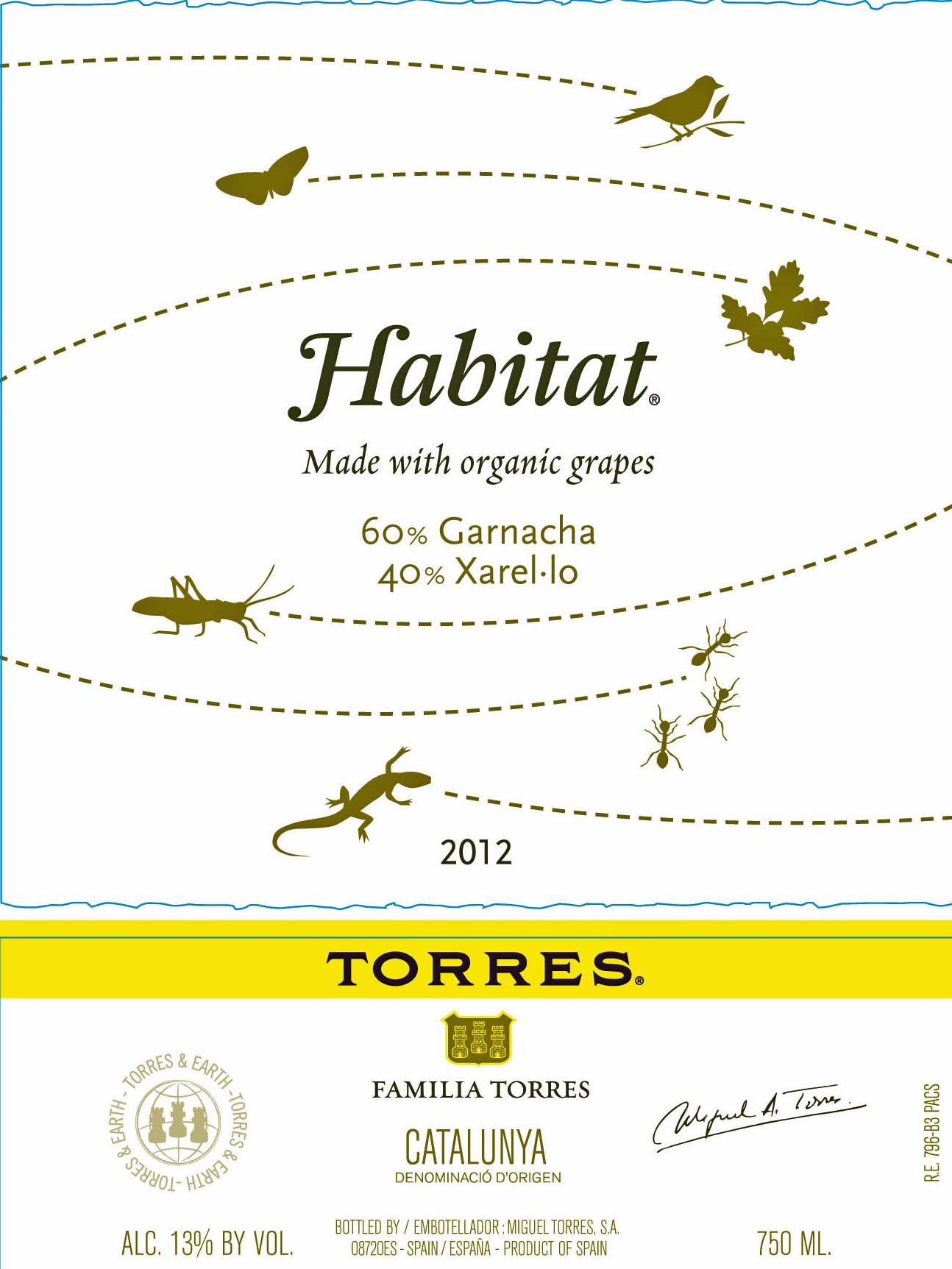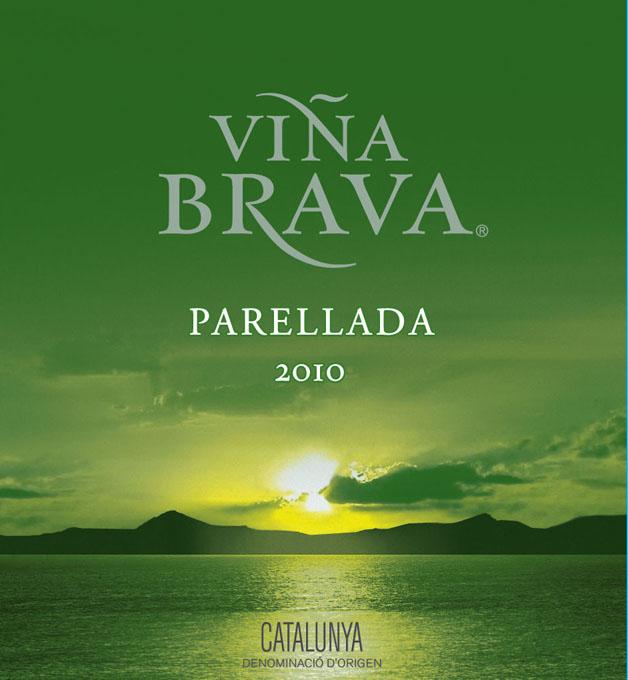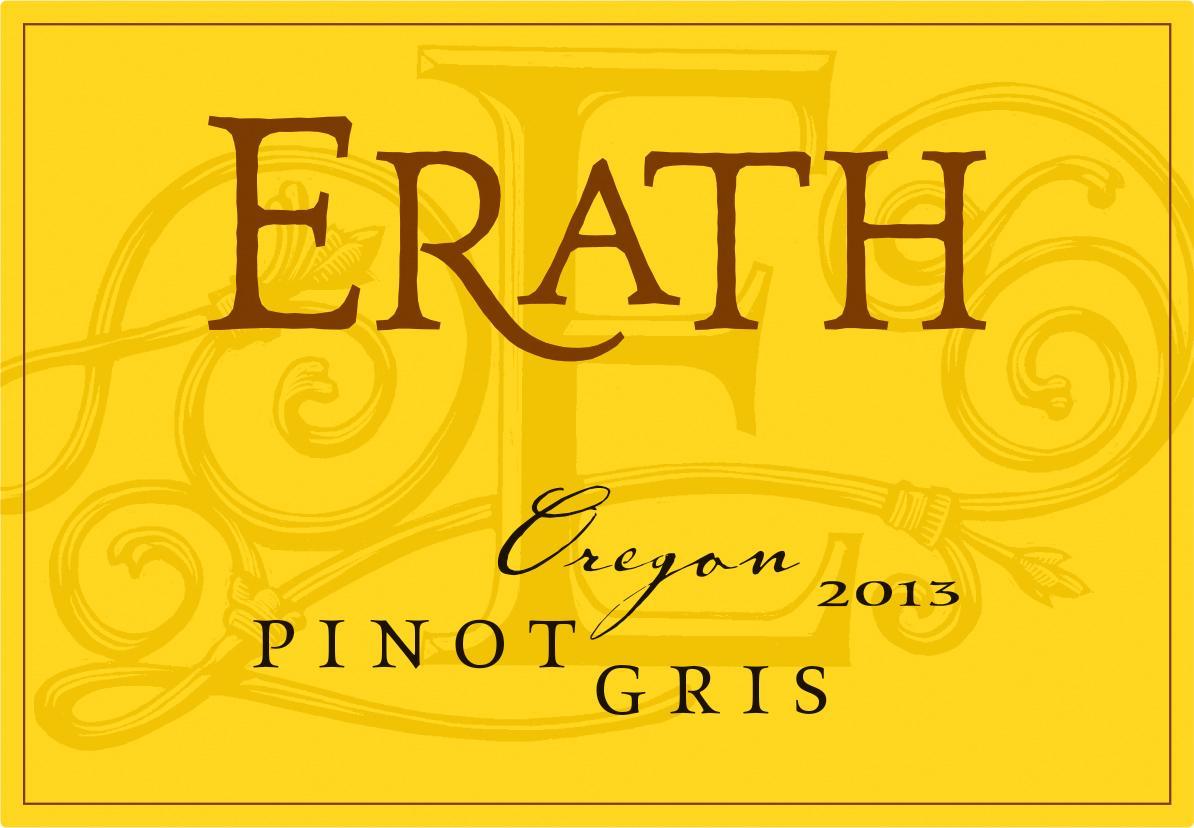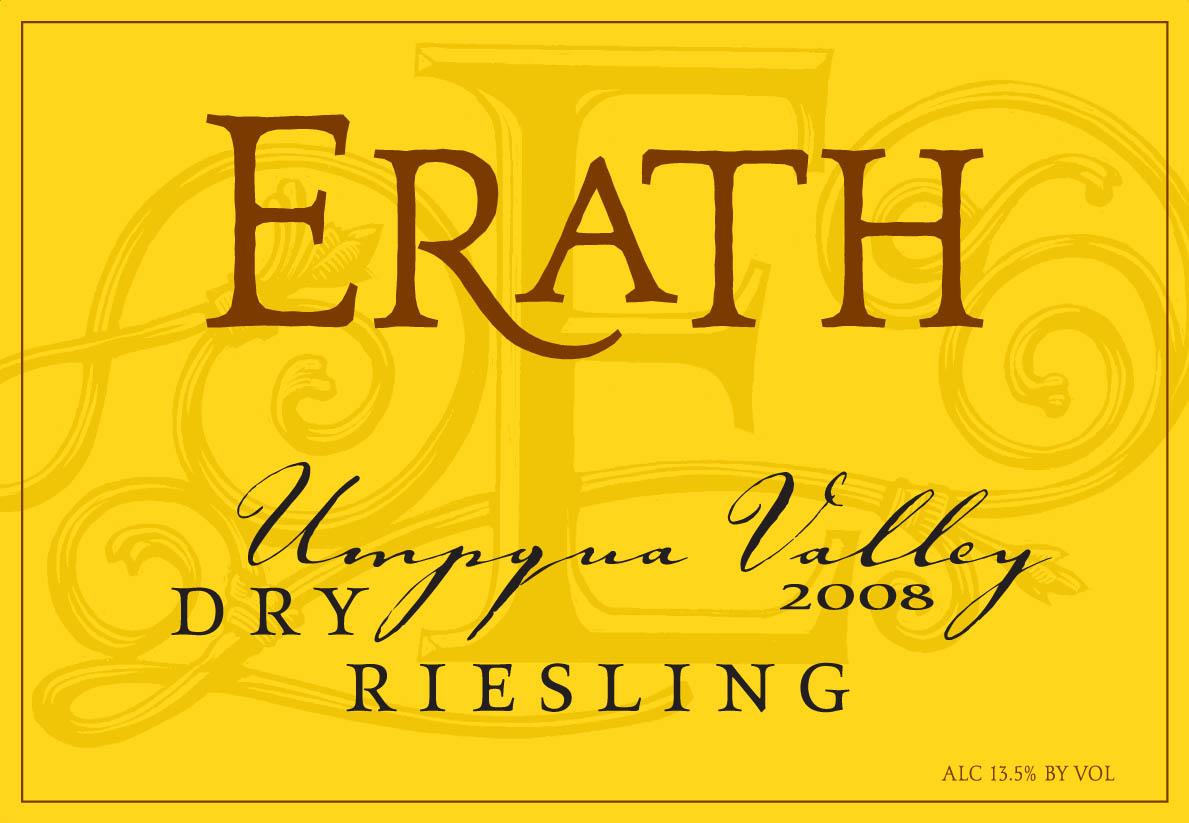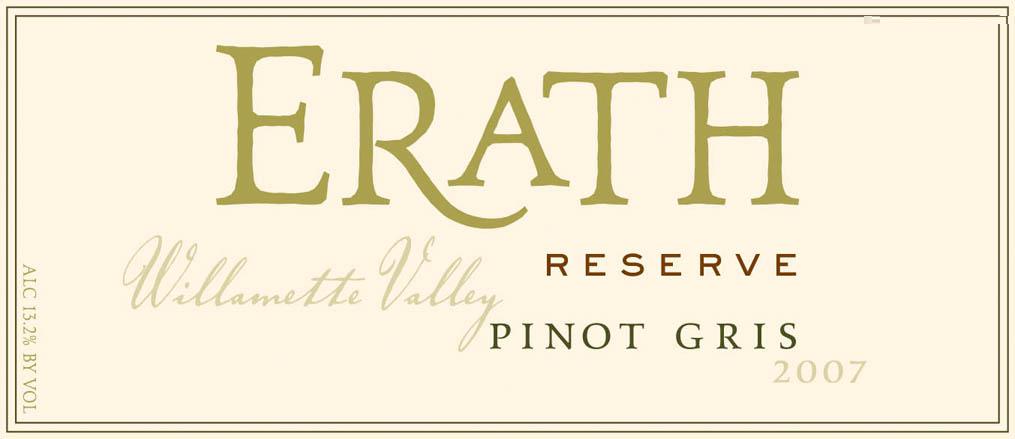Terroir of Saint-Nicolas-de-Bourgueil
The terroir of Saint-Nicolas-de-Bourgueil is a mix of different soils that greatly shape its wines. The vineyards have silty gravel, sand and gravel, and tuffeau limestone. Silty gravel, with its clay, holds moisture and creates fruit-forward wines. Sand and gravel soils allow easy ripening, leading to elegant wines with soft tannins. Tuffeau limestone, a chalky base with clay or sand, results in structured wines with rich tannins and minerality.
The area has a temperate climate influenced by the ocean, with mild winters and warm summers tempered by Atlantic breezes. This climate is perfect for Cabernet Franc. The Loire River and nearby forests keep temperatures stable, reducing frost risks. Regular rainfall and these conditions help grapes reach full ripeness while keeping acidity, giving the wines a lively fruitiness. This combination of soil and climate supports a wide range of wine styles and expressions.
Notable Wineries in Saint-Nicolas-de-Bourgueil
Saint-Nicolas-de-Bourgueil, celebrated for its expressive Cabernet Franc, boasts a collection of notable wineries that reflect the region's rich winemaking heritage. Among these are several family-run estates and a key cooperative that showcases the diversity of local terroirs:
- Clos des Quarterons (Domaine Amirault): Renowned for its terroir-driven reds, this estate emphasizes sustainable practices and invites visitors to explore its vineyard through tastings.
- Domaine du Mortier: Known for its commitment to organic farming, this winery crafts wines that capture the essence of the region’s distinct soils.
- Frédéric Mabileau Estate: This esteemed estate is celebrated for producing age-worthy wines that blend tradition with innovation, offering seasonal tastings to showcase their portfolio.
Sustainable Winemaking in Saint-Nicolas-de-Bourgueil
In Saint-Nicolas-de-Bourgueil, sustainability is at the heart of winemaking, with many vineyards embracing organic or biodynamic practices. The region's unique terroir benefits from collective environmental efforts that aim to preserve biodiversity and enhance soil health. Techniques like using mating disruption for vine moths, planting cover crops, and opting for mechanical weeding help maintain the vibrant ecosystem.
Precision in vineyard management is key, with low-volume spraying and shared equipment use to minimize treatments. Collaborative strategies for frost protection further reduce environmental impact. These efforts ensure that the vineyards remain resilient, safeguarding the future of the cherished Cabernet Franc wines while respecting the natural harmony of the Loire Valley.
Wine Tourism in Saint-Nicolas-de-Bourgueil
Wine tourism in Saint-Nicolas-de-Bourgueil offers an immersive experience in the heart of the Loire Valley. Visitors can explore the region's lush vineyards and discover the famed Cabernet Franc wines. The area is perfect for those interested in sustainable winemaking, with many vineyards practicing organic and biodynamic farming.
Travelers can enjoy guided tastings at family-run estates like Clos des Quarterons, Domaine du Mortier, and Frédéric Mabileau Estate, where the focus is on showcasing the unique terroirs. The scenic landscapes, dotted with historic castles and cycling paths, enhance the visit, while charming accommodations add a touch of local hospitality.
With its temperate climate and diverse soils, Saint-Nicolas-de-Bourgueil provides an ideal setting for wine enthusiasts to learn about viticulture and enjoy the vibrant flavors that define this iconic French wine region.



